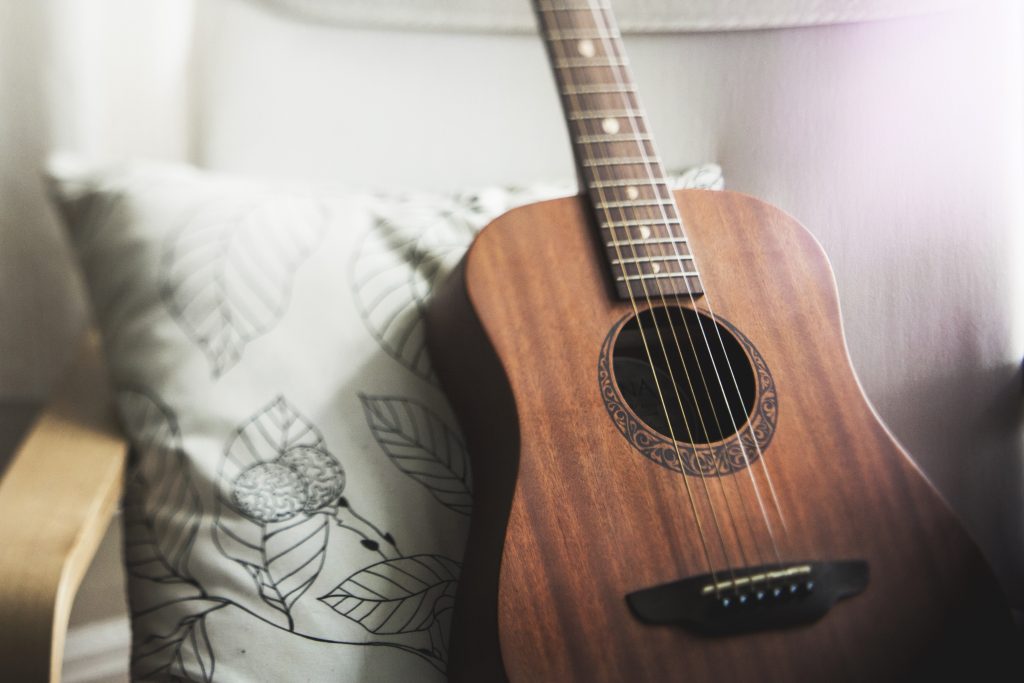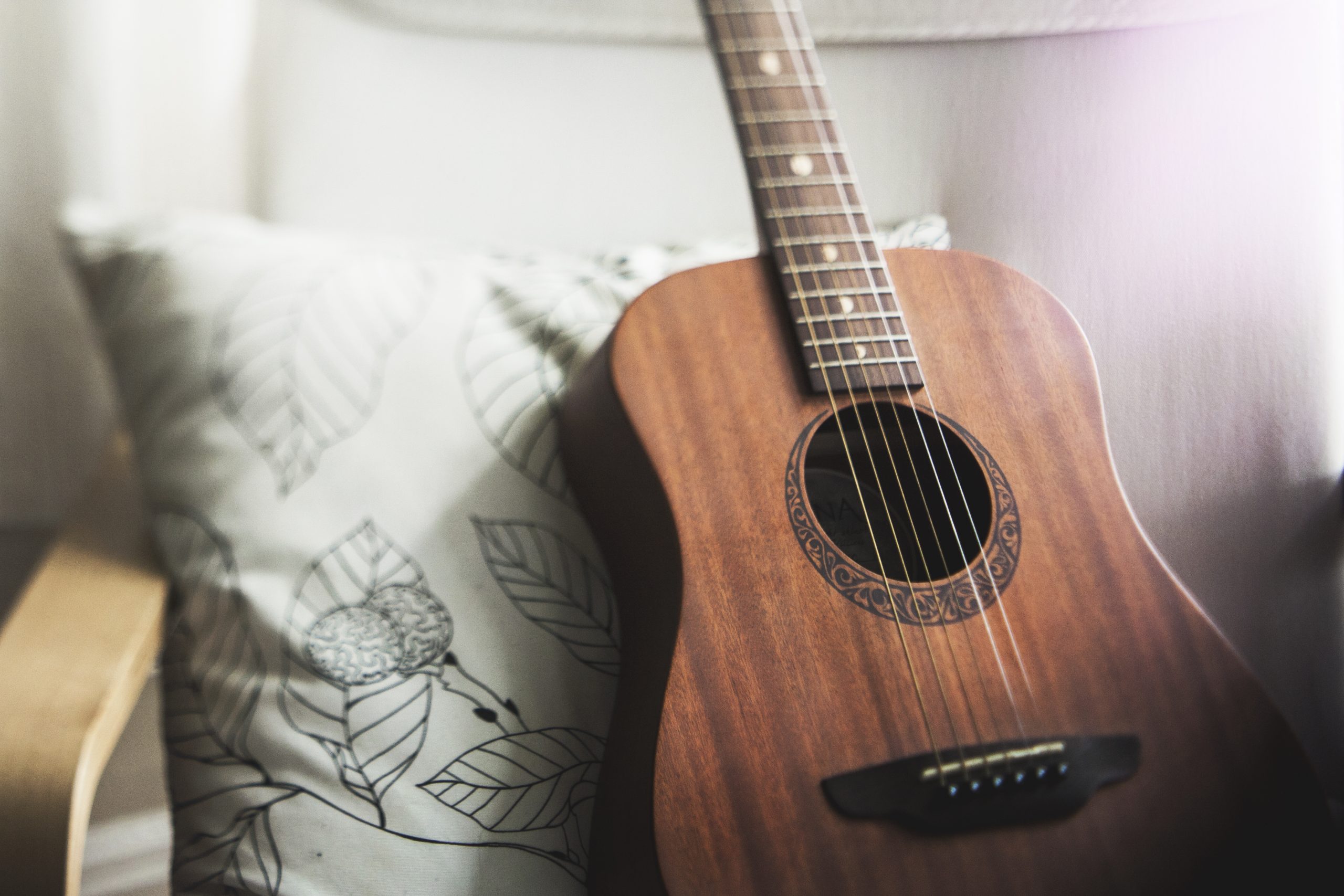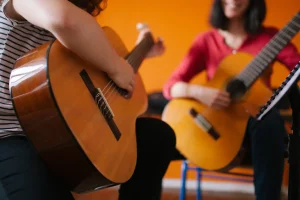
The key to being great at anything is to practice. This is especially true of music. While not always fun, if you want to improve, practicing is 90% of the process. Here are some practicing tips to make the most out of your practice time.
Set Goals
Do not just go into a practice room and start playing. In order to make the most out of your time, make a plan as to what you need to do and what you want to accomplish. This can be anything from memorizing a piece or figuring out the fingerings of a specific passage. You can work through your breathing of a specific phrase or try to play a fast 16 bar phrase up to speed, keep your goals in mind before playing. By setting goals, it will keep you focused and motivated to attain that goal. Write down your goals in a practice log and write if you accomplished them or not when you are finished.
Set Up Your Practice Room Effectively
Your practice room should be free of distractions and set up with the tools you need to practice efficiently. You’ll need a quiet space that is at a comfortable temperature and has enough light. Turn off your phone so you are not tempted to check your messages or get calls. Remember to bring a metronome, pencil, tuner, mirror, your music and technique books, practice log, water, and any instrument-specific accessories.
Warm Up
Just like with sports, warming up is key to having a successful practice. However, make sure you are devoting yourself to your warmups and not thinking about what your want for dinner. Warming up is not just about getting your muscles moving, but it’s about solidifying your technique as well. Being “present” is one of the most important things when warming up. as you go through your exercises, note how you are feeling, what your breathing is like, and if your body has any tension. Even when warming up becomes tedious, remember to stay focused.
Repetition!
In order to break a habit, you need to do something correctly 100 times. If you miss a note on a melismatic passage, it is going to take 100 times to correct that mistake. Break up your larger passages and repeat smaller ones correctly until they become part of your muscle memory.
Record Yourself
You can’t always catch everything the moment it happens. By recording your practice sessions, you can help yourself find tone issues. If you record with video, you can watch yourself and find sources of tension you may have.
Practicing Is NOT Just About Playing Through Your Music
There are times when you are preparing for a performance that requires you to play through your entire piece to check memorization and stamina. However, when learning and perfecting a piece, playing through it from beginning to end can hinder your progress. If you have technical or memorization problems, playing through your piece will engrain those mistakes into your muscle memory. Do yourself a favor and perfect small sections at a time, then string a few together to make a longer section. You will be saving yourself a lot of time in the end.
Practicing Is Also Not Just About Playing Your Instrument
It is not just about playing notes on a page. When practicing your instrument, it is important to practice your artistry as well. Part of practicing is listening to great artists perform your repertoire and analyzing what makes them great. It also involves studying the history and performance practice of a particular piece. If you are a singer, you must also translate foreign text and speak the text with meaning in its original language. Add time every day on top of your practice room time to expand your knowledge of your music, your instrument, and your artistry.
Practice EVERY DAY
It is better to practice every day for 20 minutes than once a week for 2 hours. If you can’t practice for your full three hours, that is fine. It is important to commit to working on your instrument, even if that means running through your warmups and not your repertoire on a certain day. Consistency pays off in the end.
Being great at an instrument also involves going to regular lessons! At Performing Arts we have an unconditional commitment to developing the talents, gifts, and abilities to everyone that participates. It is through the arts that we share the highest achievements of every culture and find a universal language which allows communication among all people. Contact Performing Arts to learn more about lessons!



